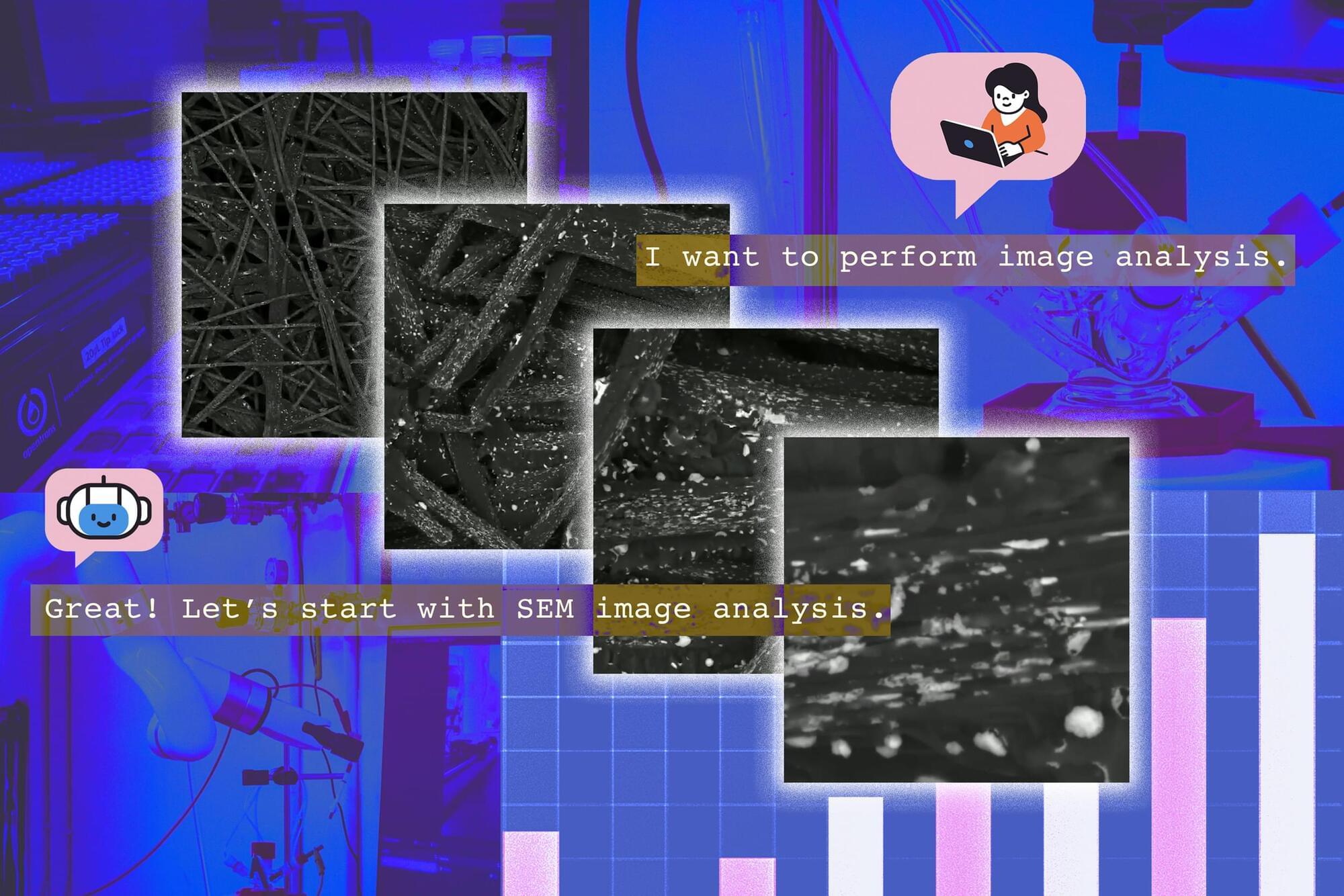Materials science experiments can also face reproducibility challenges. To address the problem, CRESt monitors its experiments with cameras, looking for potential problems and suggesting solutions via text and voice to human researchers.
The researchers used CRESt to develop an electrode material for an advanced type of high-density fuel cell known as a direct formate fuel cell. After exploring more than 900 chemistries over three months, CRESt discovered a catalyst material made from eight elements that achieved a 9.3-fold improvement in power density per dollar over pure palladium, an expensive precious metal. In further tests, CRESTs material was used to deliver a record power density to a working direct formate fuel cell even though the cell contained just one-fourth of the precious metals of previous devices.
The results show the potential for CRESt to find solutions to real-world energy problems that have plagued the materials science and engineering community for decades.
